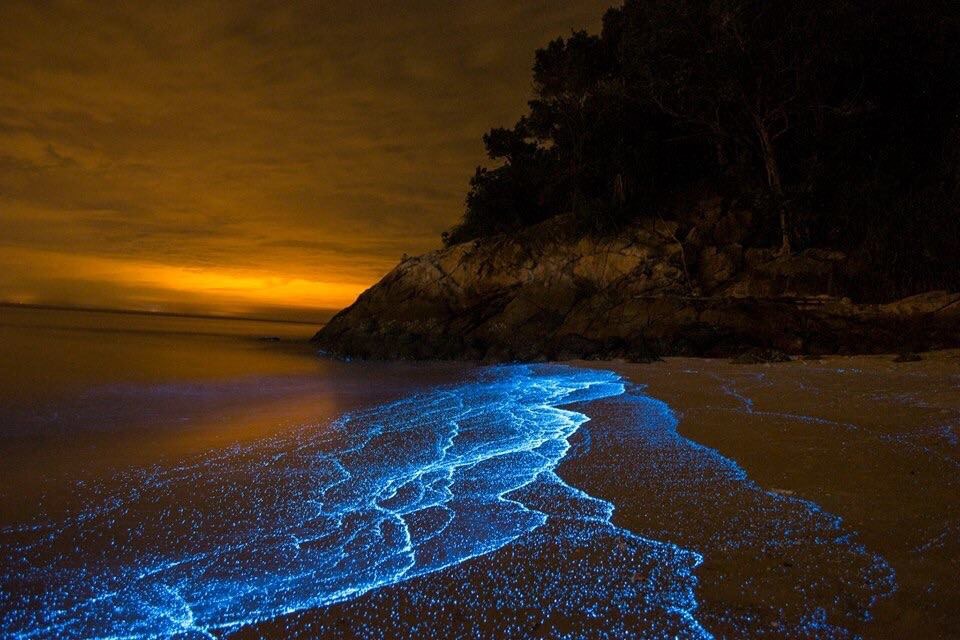IPOH, July 12 — The Perak state government is roping in a university unit on sea turtles to plan how to preserve Pulau Sembilan, a cluster of islands off Bagan Datuk with rich marine life like rare plankton.
State Tourism, Culture and Arts committee chairman Tan Kar Hing told Malay Mail that Chan Eng Heng, who co-founded and led the Sea Turtle Research Unit (SEATRU) of Universiti Malaysia Terengganu, has agreed to come on board as a consultant.
“Besides tourism, Pulau Sembilan can be used as an education hub for research purposes,” he said.
Tan added for that, a holistic plan was needed.
“We have asked the State Parks Corporation to submit a technical report and draft proposals on the islands future plans,” he said.
SEATRU had its beginnings in 1984 when research on leatherback turtles of Rantau Abang was first initiated by the then Faculty of Fisheries and Marine Science, Universiti Pertanian Malaysia.
Malay Mail previously reported that there are seahorses, sharks, turtles, eagles and phytoplankton in the Pulau Sembilan area.
Tan said the state wants the wildlife species to be maintained.
“We are also engaging with experts to get their advice on how to preserve the islands...it is one of the last virgin islands in Perak with nice beach and crystal clear water,” he added, noting that the state was sticking to its original plan to reopen the islands by year-end.
Asked on the number of visitors that will be limited to visit the islands, Tan said:
“We have yet to decide on the matter but definitely there will be limits to the numbers.”
Malay Mail previously reported that the islands have been closed to the public for restoration works since April 2017 due to man-made structures that threatened to wipe out its rich plethora of marine wildlife, including rare plankton that emits a blue glow in the dark along its shorelines.
The former state government closed the islands to safeguard it from degradation.
The islands had been advertised as a “must visit” destination during the Visit Perak Year 2017.
The authorities had then said continuous tourism activities would harm the islands’ main attraction — the rare plankton.



















